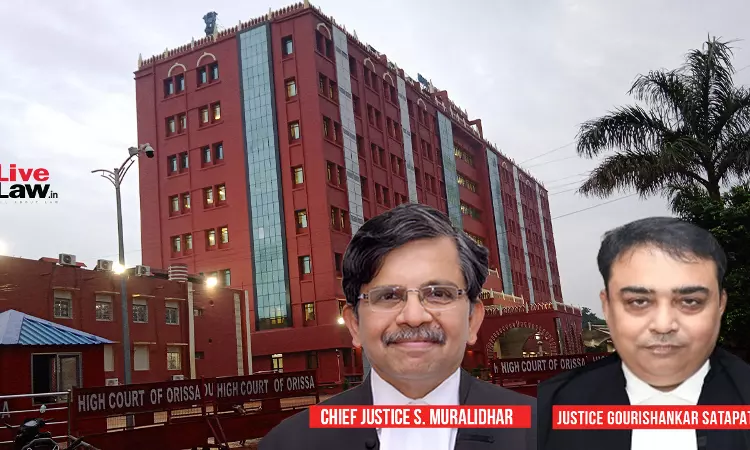Orissa High Court Upholds Acquittal Of Three Persons Accused In 2001 Keonjhar Witch-Craft Murder Case
Jyoti Prakash Dutta
28 Jun 2023 1:38 PM IST

Next Story
28 Jun 2023 1:38 PM IST
The Orissa High Court has upheld the order of acquittal in favour of three persons accused of committing murder of a lady in 2001 suspecting her to be a ‘witch’. While extending ‘benefit of doubt’ to the accused, the Division Bench of Chief Justice Dr. Justice S. Muralidhar and Justice Gourishankar Satapathy said,“By that yardstick, the evidence brought on record by the...
